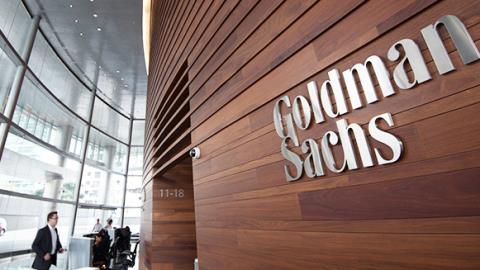The Consumer Financial Protection Bureau (CFPB) has imposed an $89 million penalty on Apple and Goldman Sachs for improper handling of credit card transaction disputes, as well as misleading iPhone customers regarding interest-free payment options.
The regulatory agency asserts that the breakdown in customer service and misrepresentations affected hundreds of thousands of Apple Card users. A two-year investigation revealed that Apple failed to forward tens of thousands of consumer disputes related to Apple Card transactions to Goldman Sachs. When disputes were sent, the bank did not comply with several federal requirements during the investigation process.
The CFPB claims that Apple and Goldman proceeded with the launch of Apple Card in spite of third-party warnings about the system’s unpreparedness due to technological issues. These oversights resulted in consumers experiencing long delays in getting refunds for disputed charges, and some even had inaccurate negative information reported to credit bureaus.
As part of the settlement, Goldman Sachs must pay a minimum of $19.8 million in redress and a $45 million civil penalty, while Apple is required to pay a $25 million civil penalty. Additionally, the CFPB has prohibited Goldman Sachs from introducing any new credit card products without a credible plan demonstrating compliance with federal law.
The CFPB also determined that both companies misled customers about interest-free payment plans for Apple products. Many buyers believed they would automatically receive interest-free monthly payments when using their Apple Card, but instead incurred interest. In some instances, the interest-free payment option was not even displayed on Apple’s website for certain browsers. Goldman Sachs also provided misleading information about the application of refunds, which resulted in customers incurring additional interest charges.
CFPB Director Rohit Chopra emphasized the importance of accountability, stating, “Apple and Goldman Sachs illegally sidestepped their legal obligations for Apple Card borrowers. Big Tech companies and big Wall Street firms should not behave as if they are exempt from federal law.” As part of the repercussions, Goldman Sachs is unlikely to return to the credit card market soon, having previously struggled in the consumer financial services sector. Recently, the firm sold its stake in the GM card business to Barclays and is reportedly in discussions with JPMorgan about transferring the Apple Card portfolio from Goldman Sachs.
